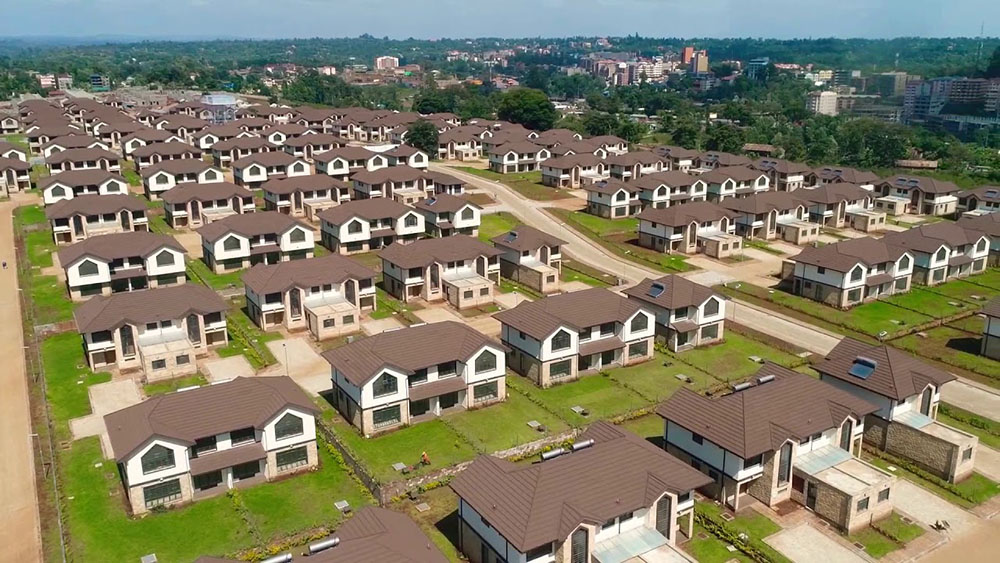Over the years, landowners have been interested in land development projects such as real estate development. This has been difficult for the land owners to achieve due to some constraints such as lack of financial capabilities, lack of development expertise and also the lack of time to develop these projects. With joint venture arrangements between the landowners , investors and developers it has been easy to achieve the land projects. We are going to explore joint ventures in land projects.
WHAT IS A JOINT VENTURE?
A joint venture is a business arrangement where two or more parties agree to pool their resources for the purpose of accomplishing a specific task . The task can be a new project or any other business project. In a joint venture (JV). Both of the participants are responsible for the profits, losses and the costs associated with it.
THE JOINT VENTURE PROCESS.
-
Project Assessment – This is the first step, it involves appraisal and assessment of the project . The land owner invites the investor or developer to the proposed site where the project is set to occur. The developer identifies the location of the property, its accessibility, the availability of infrastructure, the soil type, the terrain and other factors that affect development. At this point the developer should ask for a copy of title documents and also should carry out extensive inquiry on the ownership of the land and history of the land.
-
Proposal Stage - The investor makes a proposal to the land owner. The proposal consists of the offering percentage to the land owner towards the cost of the land and the profits. This agreement is arrived at after taking into consideration some factors which include, cost of the land, cost of the construction among other factors.
-
Legal Due Diligence - After the landowner accepts the developer’s proposal, they are required to avail copies of the land title deed and deed plans for verification by the developer’s advocate. The advocate is required to conduct a search to determine the authenticity of the title deed.
-
Signing of agreement- After the due diligence is complete. The developer drafts a Joint Venture Agreement (JVA) which is sent to the land owner’s advocate . This agreement explores all the areas that may lead to a conflict and it also shows the ways forward upon the occurrence of such. The JVA contains clauses such as:
- The rights and responsibilities of each party.
- The management structure.
- The profit sharing mechanism.
- The exit rights and transfer rights.
Upon understanding of the terms and conditions of the agreement, both parties sign the agreement .
Formation of a Special Purpose Vehicle (SPV)
After fulfilling the objectives of the JVA , a special purpose company is formed. The company is registered.
Transfer of Land to the company
Once the company is formed, the landowner is required to transfer the land ownership to the company. This includes the transfer of all important land.
Commencement of the project
The project begins with procuring of the project items and team which include the architect , project managers and engineers and other consultants. The developer has the responsibility of seeing through the project to completion.
Profits sharing/Project completion
Once the project is completed the profits are shared in accordance with the terms of the JVA.
